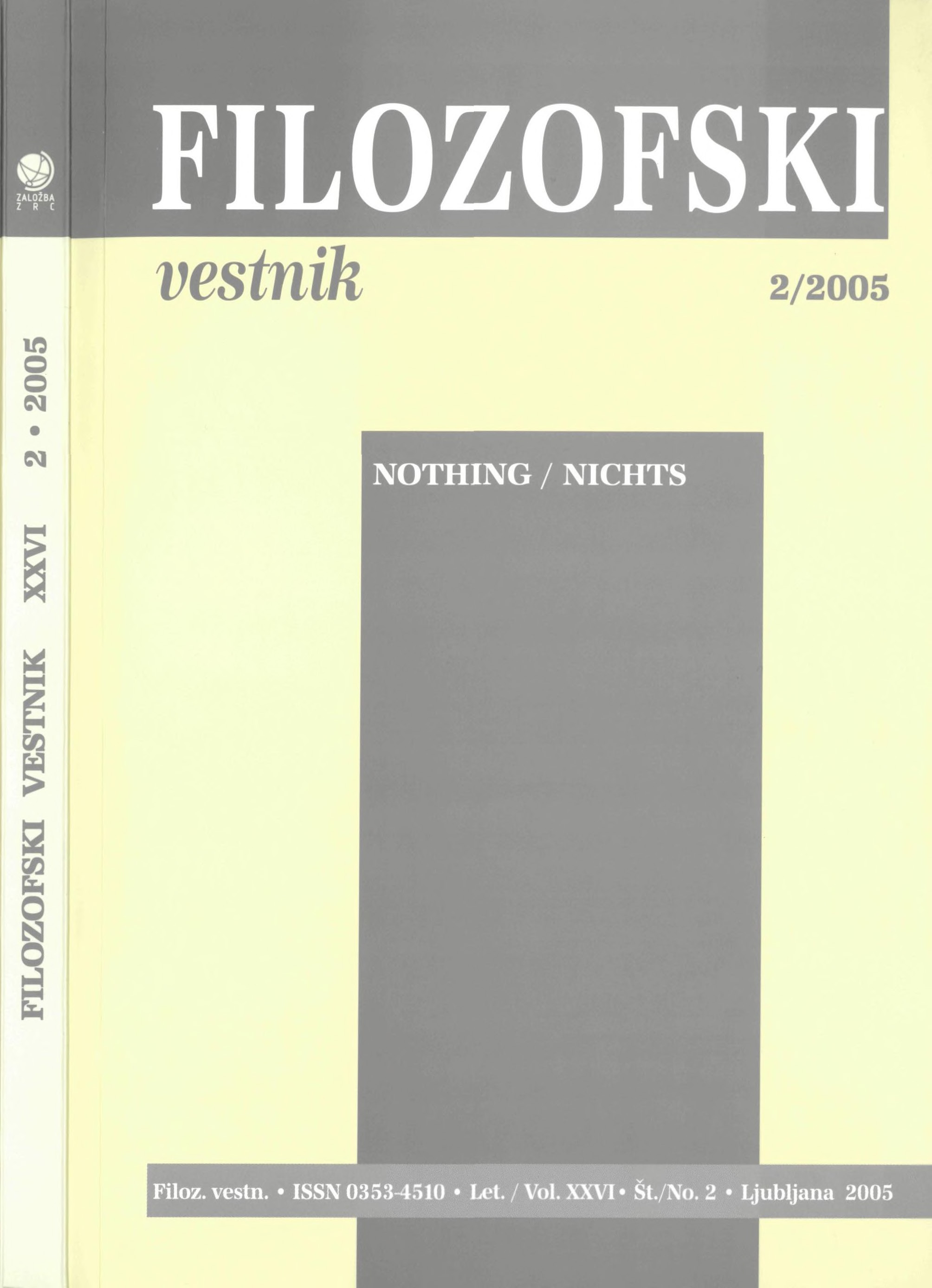It Always Gives Watching: The Nothing and the Parahuman in Rilke's Duino Elegies
Povzetek
The essay analyses the emergence of Rilke’s angel-and-puppet from (the watching of) the nothing as indicative of the fascination with artificial creatures which, according to Mladen Dolar, resulted from the Enlightenment ambition to posit a "zero subjectivity" at the point where the spiritual would directly spring from the material. This zero subjectivity, described here as the autonomization of the automaton, amounts to a subtraction of the machine from the Cartesian understanding of the animal. The question that Rilke’s Duino Elegies posit is, hence, not a question of the humanization of the animal and the animalization of man (as Heidegger believed), but, rather, of the subtraction of the puppet-and-angel from the animal-and-man. The drama of this subtraction, with its indefinable residue, destabilizes the anthropogenetic machine analysed by Agamben and fuels the project which Badiou has recently brought forth as the 20th century project of a new man.Prenosi
Podatki o prenosih še niso na voljo.
Prenosi
Objavljeno
2005-01-01
Kako citirati
Nikolchina, M. (2005). It Always Gives Watching: The Nothing and the Parahuman in Rilke’s Duino Elegies. Filozofski Vestnik, 26(2). Pridobljeno od https://ojs.zrc-sazu.si/filozofski-vestnik/article/view/3151
Številka
Rubrike
The Simple Art of Nothing
Licenca
Avtorji jamčijo, da je delo njihova avtorska stvaritev, da v njem niso kršene avtorske pravice tretjih oseb ali kake druge pravice. V primeru zahtevkov tretjih oseb se avtorji zavezujejo, da bodo varovali interese založnika ter da bodo povrnili morebitno škodo.
Podrobneje v rubriki: Prispevki





